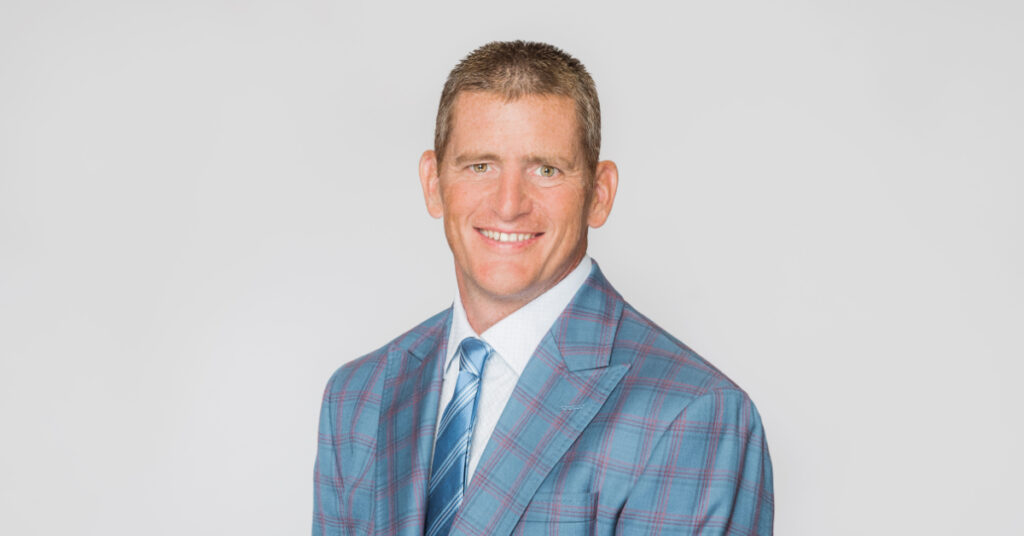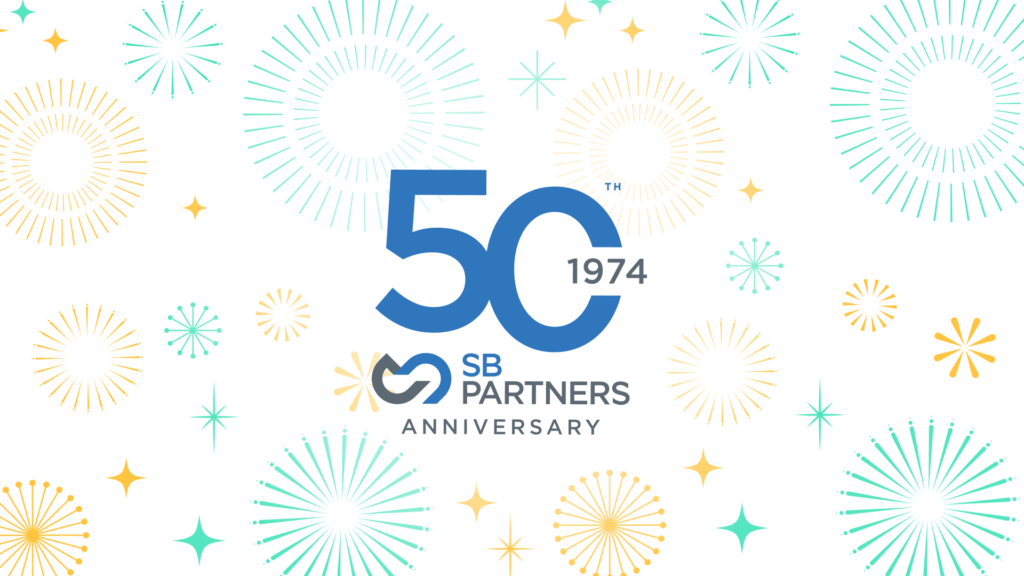An exceptional company culture is probably more formidable than most of us realize, according to Michael DeBonis of Breakpoint Human Capital Management. Michael was the presenter at our most recent Executive Know-How event and he stressed the importance of creating the ideal culture among organizations in order for them not only to survive, but also thrive.
His presentation was entitled The Soft Stuff (culture) is the Hard Stuff. Elaborating, he said: “The most successful small- and medium-sized businesses have a perfectly oriented culture that delivers statistically better financial growth, a higher stakeholder value and leading levels of customer satisfaction.”
It all begins with the customer, says Michael, and the necessity to build stronger and deeper relationships with them. To deliver an excellent brand experience, “it must be done consistently and with passion,” he explained. Every single interaction with a customer – at all levels – is important and must count, and that’s why it’s wise to invest in high-performance, motivated people. Determining and then instilling your company’s culture among your staff is vital since “competitive culture is the hardest thing for your competitors to copy,” he noted, adding that a company’s competitive advantage determines how its people perform and how they behave. “This is where the soft stuff gets to be the hard stuff and where being good or being great separates the success of your business.” Data illustrates that 70 percent of business leaders agree culture is at the heart of competitive advantage, yet only 10 percent of those leaders succeed in achieving what they believe.
Culture is really a mixture of art and science, Michael proposed. It’s a blend of values somewhere between the beliefs and purpose of a business. “The art is what we do and what happens when employees are engaged, empowered and motivated to do the right things, not just the easy things. That’s about performance and that’s what creates the experience. It’s also about connection and that’s what counts.” Michael suggested that the art of building culture needs “a refresh” as it has become somewhat stale and less urgent of late.
Our HR guru and guest speaker also stressed that organizations must make far more of a commitment to their culture. “There is an alarming trend of people not being on the agenda. People don’t attend meetings any more.” While we may rationalize that businesses have competing demands every day, that’s still not an excuse to avoid investing as much time and money in our people as we do on our products and customers. “Culture is one of the key drivers to building long-term, sustainable success,” Michael emphasized. “Culture guides the way an organization operates. People see a theme and they connect to the business. That’s why they call you and not another company.”
How to engage and empower employees?
In order to truly understand our businesses, we shouldn’t simply tell our staff what to do, but for efficiency’s sake we must ask for their input. This will also result in making them feel engaged. “Money doesn’t have any emotions, but people do and the way to get money is to get (the right) people,” Michael commented.
If we consistently maintain the company culture we originally envisioned, it becomes easier for an organization to grow successfully. “What you do and say consistently is the most important factor in building a high-performing culture. It builds a connection,” says Michael. First, though, we must lead by example, as everyone in our organizations will be watching what we do and listening to what we say to ensure we are consistent. If someone steals from the company, for example, others will watch to see how it’s handled. “Therefore, you must identify the specific behaviours, values and norms that go along with the company culture; and we must focus on managing and influencing the drivers that are consistent with that high-performing culture.”
Your brand (the promise) is the single most important asset that differentiates you consistently over time, according to Michael. “It must be nurtured, evolved and invigorated by the people entrusted to keep it true and alive. Culture gives you the ability to go to your customer and to live your brand and for them to experience and live it.”
The bottom line is that if you hire high-performing, motivated and passionate employees, engage them and constantly instill in them the culture you expect them to embrace, your company should thrive and enjoy a long-term, sustainable success.



